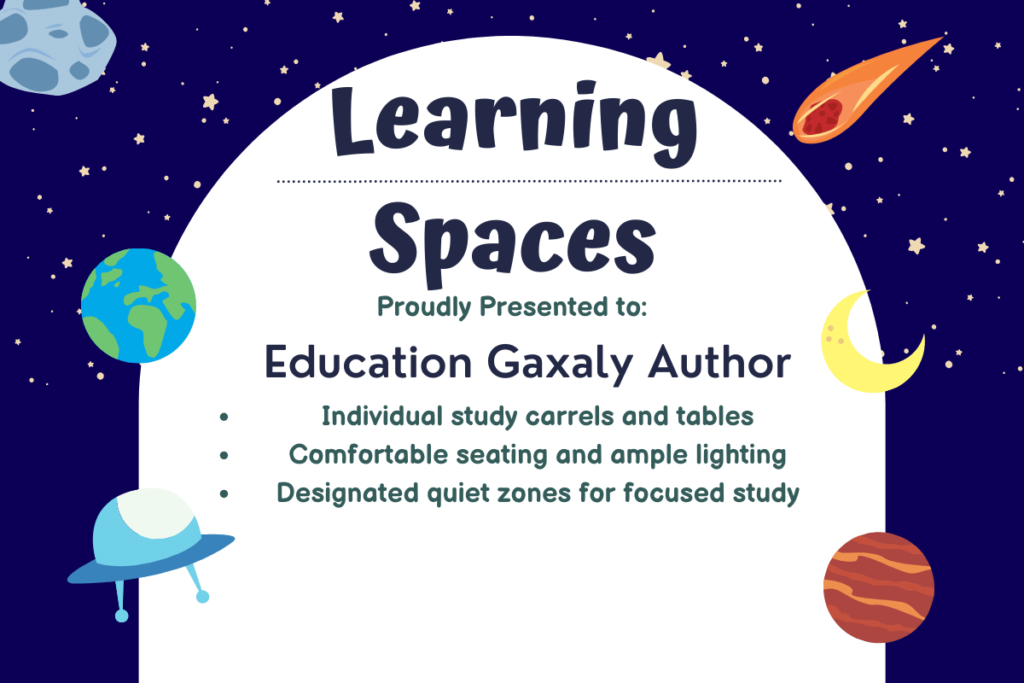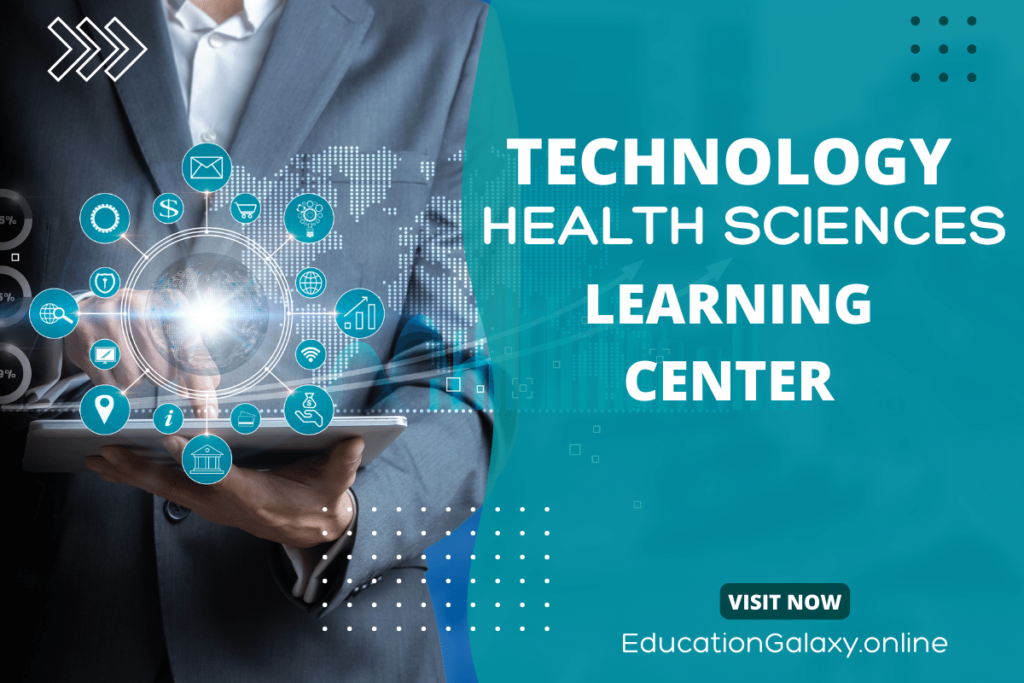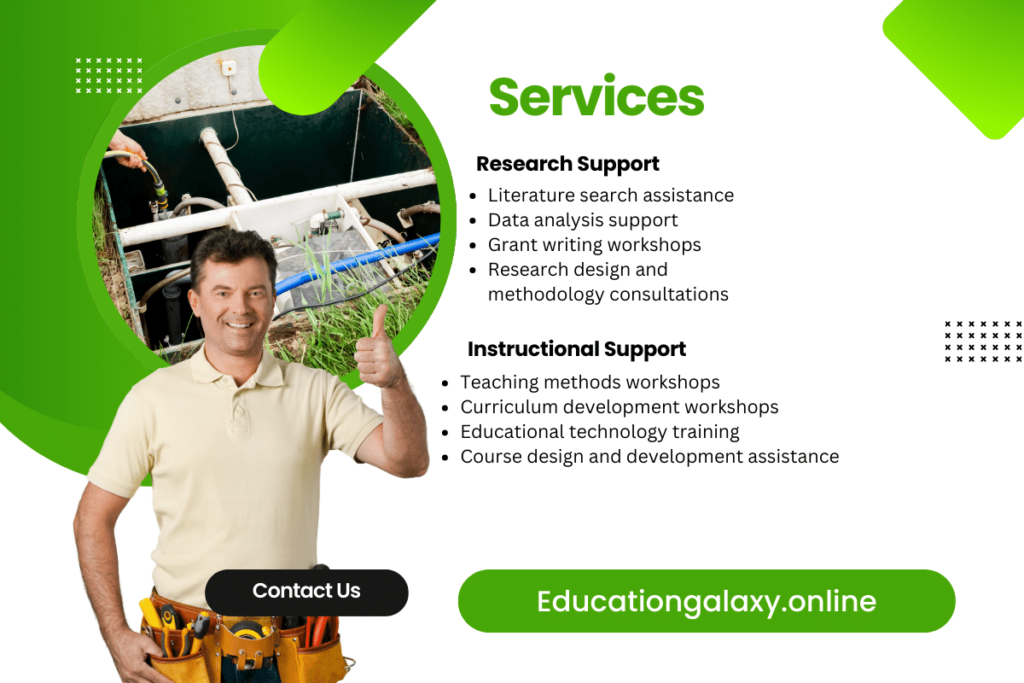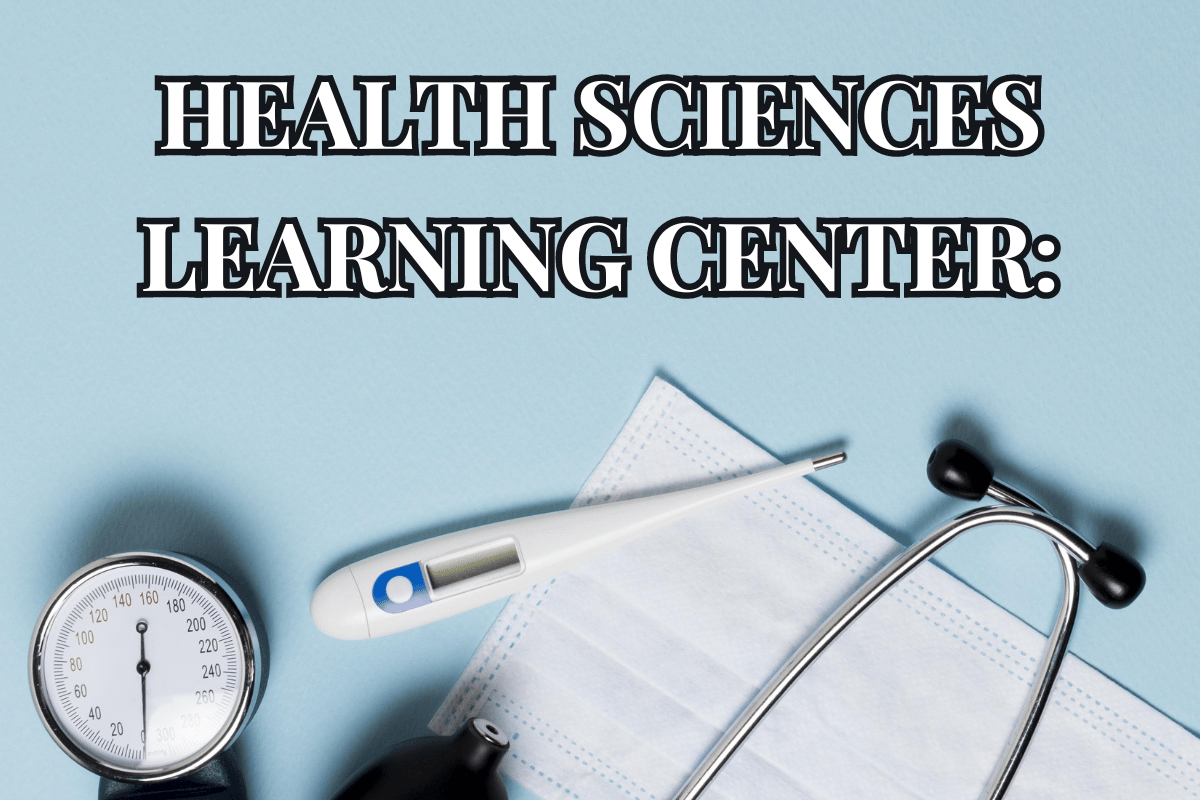Health Sciences Learning Center:
The Health Sciences Learning Center, located at [specific location], is a state-of-the-art facility that provides a comprehensive range of educational resources and services for students, faculty, and healthcare professionals. It is a vibrant hub for healthcare education, research, and innovation, fostering collaboration and excellence in the field.
Educational Resources at a Health Sciences Learning Center
Library:
A comprehensive collection of books, journals, and other resources in the health sciences, including:
-
- Print and electronic books
- Peer-reviewed journals
- Reference works
- Databases
- E-books
- Streaming media
Online Resources:
Our website provides access to online databases, e-journals, and other digital resources, including PubMed.
Research Support:
Assistance with literature searches, data analysis, and grant writing, including:
-
- Systematic review support
- Statistical analysis support
- Grant writing workshops
Instructional Support:
Workshops and seminars on teaching methods, curriculum development, and educational technology, including:
-
- Active learning techniques
- Blended learning
- Online course development
Student Support:
Tutoring, academic advising, and career counseling, including:
-
- Individual and group tutoring
- Academic advising on course selection and degree planning
- Career counseling on career exploration and job search strategies
Faculty Development:
Workshops and seminars on teaching excellence, research methods, and leadership skills, including:
-
- Teaching portfolios
- Research design and methodology
- Leadership development programs
Interdisciplinary Collaboration:
Opportunities to collaborate with students, faculty, and researchers from different disciplines on research projects, workshops, and conferences. For instance, you could participate in a research project on [specific topic], attend a seminar on [specific skill], or present at a conference on [specific theme].In addition to these core educational resources, health sciences learning centers may also offer specialized resources and services tailored to the needs of their students and faculty. For example, some learning centers may have:
- Simulation labs: High-fidelity simulation environments for practicing clinical skills in a safe and controlled setting.
- Virtual reality and augmented reality equipment: Immersive technologies for enhancing learning and training experiences.
- 3D printing capabilities: Advanced technology for creating anatomical models and other educational materials.
- Makerspaces: Collaborative workspaces equipped with tools and equipment for hands-on learning and prototyping.
Health sciences learning centers are committed to providing students, faculty, and healthcare professionals with the resources and support they need to succeed in their educational and professional endeavors. We have seen many success stories of individuals who have utilized our resources and services to enhance their learning and professional development. By offering a comprehensive range of academic resources and services, we play a vital role in advancing healthcare education and improving patient care.
Learning Spaces at a Health Sciences Learning Center
Quiet Study Areas
- Individual study carrels and tables
- Comfortable seating and ample lighting
- Designated quiet zones for focused study
Collaborative Workspaces
- Group study tables and chairs
- Whiteboards and flip charts
- Power outlets and charging stations
- Breakout spaces for small group discussions
Small Group Study Rooms
- Enclosed rooms for focused group work
- Tables and chairs are arranged for collaborative learning
- Whiteboards or digital displays
- Privacy and soundproofing
Seminar Rooms
- Flexible seating arrangements for presentations and workshops
- Multimedia equipment (projector, screen, sound system)
- Whiteboards or digital displays
- Video conferencing capabilities
Large Auditorium
- Tiered seating for lectures and special events
- State-of-the-art audio-visual equipment
- Live streaming and recording capabilities
Simulation Labs
- High-fidelity simulation environments
- Mannequins and medical equipment
- Control rooms for observation and debriefing
Virtual Reality and Augmented Reality Labs
- Immersive technologies for enhancing learning and training experiences
- Headsets and software for virtual and augmented reality simulations
- Haptic feedback devices for realistic experiences
Makerspaces
- Collaborative workspaces equipped with tools and equipment
- 3D printers, laser cutters, and other fabrication tools
- Materials and supplies for hands-on learning and prototyping
Other Learning Spaces
- Computer labs with specialized software for data analysis and visualization
- Anatomy and physiology labs with preserved specimens and models
- Clinical skills labs for practicing procedures and techniques
Health sciences learning centers strive to provide a variety of learning spaces to accommodate different learning styles and group sizes. These spaces are designed to foster collaboration, innovation, and deep learning in the health sciences.
Technology at a Health Sciences Learning Center
High-Speed Internet Access
Reliable and high-speed internet access throughout the center, including Wi-Fi and wired connections.
Multimedia Workstations
Computer workstations equipped with specialized software for data analysis, visualization, and multimedia creation.
Digital Projectors and Interactive Whiteboards
State-of-the-art digital projectors and interactive whiteboards in learning spaces and seminar rooms.
Virtual Reality and Augmented Reality Equipment
Immersive technologies for enhancing learning and training experiences, including VR headsets, AR glasses, and haptics devices.
3D Printing Capabilities
Advanced 3D printing technology for creating anatomical models, surgical planning aids, and other educational materials.
Simulation Software and Equipment
High-fidelity simulation software and equipment for practicing clinical skills and procedures in a safe and controlled environment.
Video Conferencing and Telemedicine
Video conferencing capabilities in seminar rooms and auditoriums for remote collaboration and guest lectures. Telemedicine equipment for consultations and patient monitoring.
Learning Management System (LMS)
An online platform for delivering course content, assignments, and assessments.
Mobile Apps
Mobile apps for accessing library resources, course materials, and other learning center services on the go.
Assistive Technologies
Assistive Technologies: We provide a range of assistive technologies to support students with disabilities, such as screen readers for visually impaired students, magnifiers for students with low vision, and closed captioning for students with hearing impairments.
Health Sciences Learning Centers: Where Technology Meets Education. Our cutting-edge technologies empower students to engage with complex medical concepts, develop essential skills, and innovate in the field of healthcare.
Services at a Health Sciences Learning Center
Research Support
- Literature search assistance
- Data analysis support
- Grant writing workshops
- Research design and methodology consultations
Instructional Support
- Teaching methods workshops
- Curriculum development workshops
- Educational technology training
- Course design and development assistance
Student Support
- Tutoring (individual and group)
- Academic advising
- Career counseling
- Skills workshops (e.g., time management, note-taking)
Faculty Development
- Teaching portfolios
- Research design and grant writing workshops
- Leadership development programs
- Mentoring and peer support
Interdisciplinary Collaboration
- Opportunities to collaborate with students, faculty, and researchers from different disciplines on research projects and initiatives.
- Interdisciplinary workshops and seminars.
- Access to shared research facilities and resources.
Other Services
- Library services (e.g., book checkout, interlibrary loan)
- Computer labs with specialized software
- Simulation labs for practicing clinical skills
- Makerspaces for hands-on learning and prototyping
- Assistive technologies for students with disabilities
- Wellness and support services (e.g., counseling, meditation)
Health Sciences Learning Centers: Your Partner in Success. We provide a wide range of services to support your educational and professional development, creating a dynamic and supportive environment that fosters collaboration, innovation, and excellence in healthcare education and research.
Collaboration and Innovation at a Health Sciences Learning Center
Interdisciplinary Collaboration
- Interdisciplinary Collaboration: We have a strong track record of partnerships with other departments and schools within the university to create multidisciplinary programs and research initiatives. For example, we have collaborated with the [specific department] on a [particular program or initiative]. Joint workshops, seminars, and conferences that bring together students, faculty, and researchers from different disciplines.
- Shared research facilities and resources that foster collaboration across disciplines.
Industry Partnerships
- Collaborations with healthcare organizations to provide students with clinical experiences and research opportunities.
- Joint research projects that leverage the expertise of both academia and industry.
- Guest lectures and workshops by industry professionals to share real-world insights and best practices.
Community Engagement
- Outreach programs that provide health education and services to the community.
- Partnerships with community organizations to address local health needs.
- Service-learning opportunities for students to apply their knowledge and skills in real-world settings.
Innovation in Teaching and Learning
- Development and implementation of innovative teaching methods and technologies.
- Exploration of new pedagogical approaches to enhance student engagement and learning outcomes.
- Creation of immersive learning experiences, such as virtual reality simulations and 3D printed anatomical models.
Research and Innovation
- Support for faculty research projects that advance the field of healthcare.
- Seed funding for innovative research ideas.
- Access to state-of-the-art research facilities and equipment.
- Collaboration with industry partners to translate research findings into clinical practice.
Entrepreneurship and Commercialization
- Encouragement of student and faculty entrepreneurship.
- Support for the development and commercialization of healthcare innovations.
- Partnerships with business incubators and accelerators.
Health sciences learning centers are hubs for collaboration and innovation in healthcare education and research. By fostering interdisciplinary connections, engaging with industry partners, and supporting innovative teaching and research, learning centers contribute to the advancement of healthcare knowledge and the improvement of patient care.
Read More Articles:
What is the Easiest Language to Learn? A Guide for Beginners
International Journal of Qualitative Studies in Education: A Valuable Resource for Researchers
FAQ
What is a health sciences learning center?
A health sciences learning center is a facility that provides a comprehensive range of educational resources, services, and learning spaces to support the academic needs of students, faculty, and healthcare professionals in the health sciences.
What types of resources and services do health sciences learning centers offer?
Health sciences learning centers typically offer a variety of resources and services, including:
- Educational resources such as books, journals, databases, and online resources
- Learning spaces such as quiet study areas, collaborative workspaces, and seminar rooms
- Technology such as high-speed internet access, multimedia workstations, and virtual reality equipment
- Services such as research support, instructional support, and student support
Who can use health sciences learning centers?
Health sciences learning centers are typically open to students, faculty, and healthcare professionals in the health sciences. Some learning centers may also be open to the public.
How can I access the resources and services offered by a health sciences learning center?
To access the resources and services offered by a health sciences learning center, you may need to register for a library card or create an account. You can also contact the learning center staff for more information.
What are the benefits of using a health sciences learning center?
There are many benefits to using a health sciences learning center, including:
- Access to a wide range of educational resources
- Opportunities to collaborate with other students and faculty
- Support for your research and coursework
- Access to state-of-the-art technology
- Opportunities to learn from experts in the field
How can I find a health sciences learning center near me?
You can find a health sciences learning center near you by searching online or contacting your local university or hospital.
Conclusion
The health sciences learning center is a vital resource for healthcare education and innovation. It provides a comprehensive range of resources, services, and learning spaces to support the educational needs of students, faculty, and healthcare professionals. The center fosters collaboration and excellence in healthcare education, research, and innovation, ultimately contributing to the improvement of patient care and the advancement of healthcare knowledge.
Key Points
- Health sciences learning centers offer a wide range of educational resources, including books, journals, databases, and online resources.
- Learning spaces are designed to accommodate different learning styles and group sizes, including quiet study areas, collaborative workspaces, and seminar rooms.
- Technology is integrated throughout the learning center to enhance the learning experience, including high-speed internet access, multimedia workstations, and virtual reality equipment.
- Services such as research support, instructional support, and student support are available to help students and faculty succeed.
- Collaboration and innovation are fostered through interdisciplinary partnerships, industry collaborations, and support for innovative teaching and research.
Health sciences learning centers are essential partners in the education and training of future healthcare professionals. By providing a supportive and innovative learning environment, they contribute to the advancement of healthcare and the improvement of patient outcomes.


